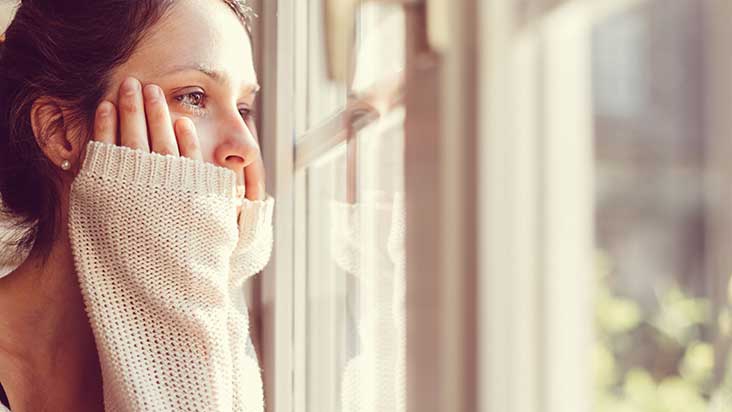People are social beings, and studies have proven that social ties are important for mental and physical health. Nonetheless, alone time is beneficial to one’s mental health. Being in the company of others has its advantages and disadvantages. You’re worried about what others think of you. You alter your behaviour to escape rejection and to fit in with the rest of the group.
While some of these challenges are unavoidable as part of being a social being, they underline the importance of alone time. Allowing yourself time to think, feel, and live your ideas, emotions, and experiences allows you to break free from social demands.
The COVID-19 outbreak exemplified the difficulties of loneliness and a shortage of alone time. Many individuals fought with thoughts of isolation and loneliness, while others experienced the difficulties ofspending so much time in close quarters with family or housemates. Many people were unexpectedly grappling with a complete lack of alone time due to blurred work-life boundaries and a lack of time apart.
Here’s why personal time is important.
1. Personal exploration
Being comfortable in your own company may provide you with the time and freedom to follow your hobbies without interruption. It can be a method to try new things, learn about topics you’re interested in, gather knowledge, and even try out new ways of conveying yourself.
Allowing oneself alone time permits you to examine these issues without being influenced by others’ opinions or judgments. It is critical to make time for oneself to develop and evolve as a person. Instead of being concerned with other people’s wants, likes, or opinions, alone time allows you to focus solely on yourself.
2. Creativity
You can let your mind wander and enhance your artistic skills when you have some alone time. If you don’t have to worry about or interact with other people, you can ignore outside factors and focus within.
Being alone, as per a study, may create shifts in the brain that benefit the creative process. One study found that those who actively withdraw to spend time alone are also incredibly creative.
In a study reported in the journal Nature Communications in 2020, researchers showed that perceived social isolation (or loneliness) is linked to increased activity in brain circuits related to creativity. When the brain lacks social stimulation, it turns to its creative networks to fill the void.
3. Social energy
Living alone is frequently considered a drawback. People who live alone, on the other hand, have a stronger social life and more social activity than those who live with others, according to studies.
In his book “Going Solo,” sociologist Eric Klineberg claims that one out of every seven adults in the United States lives alone. According to Klineberg, these people were not only not lonely, but they also had a more social life.


